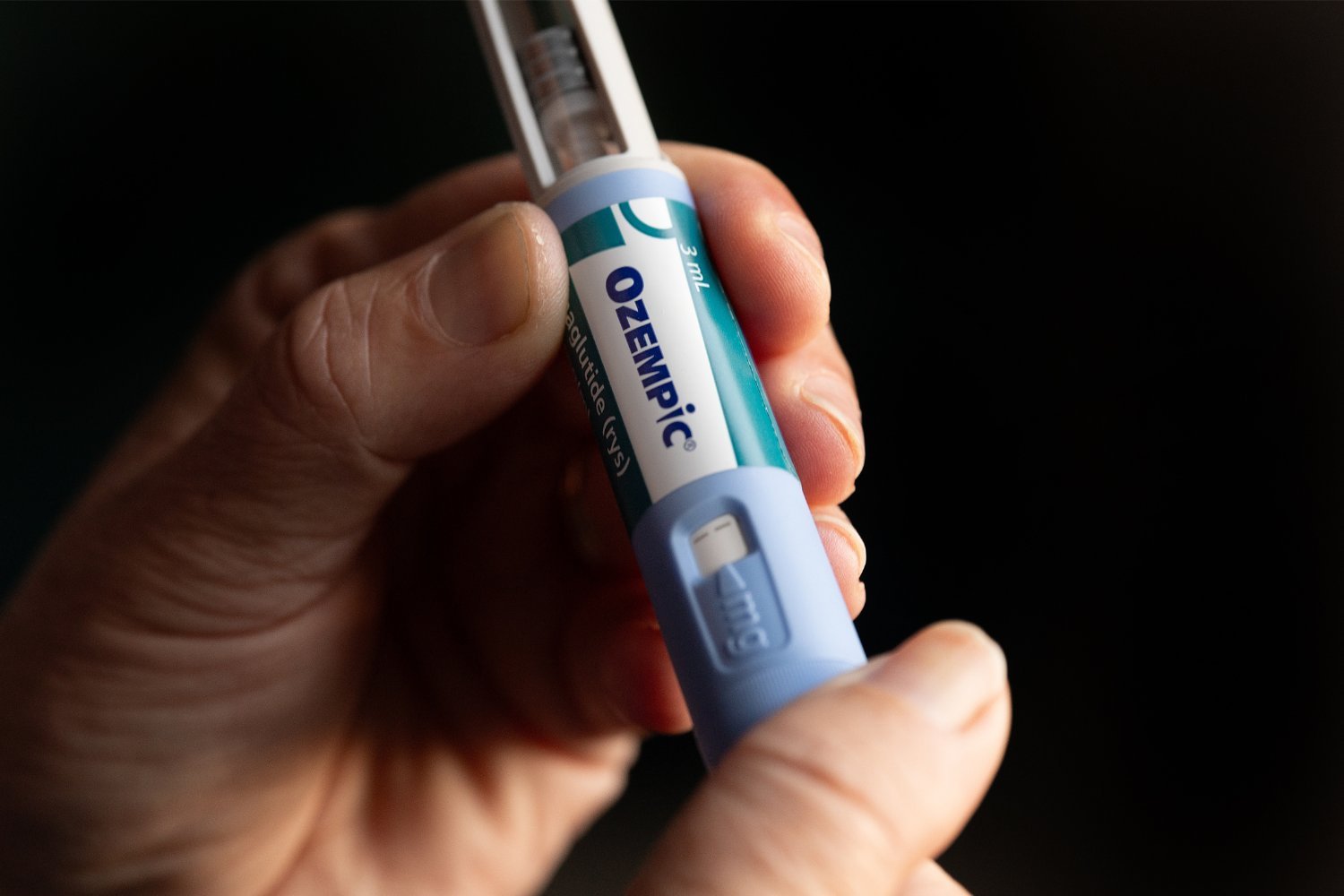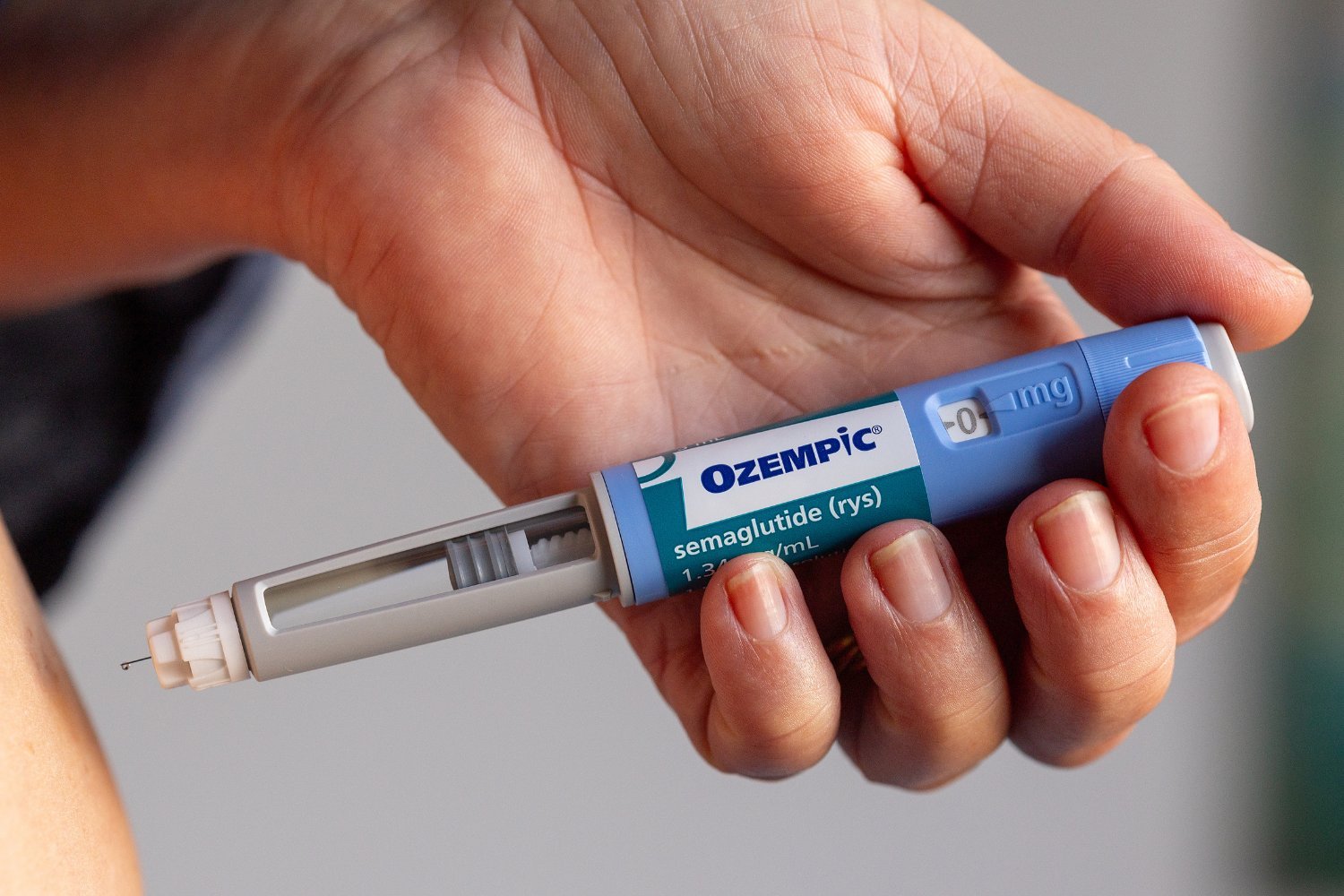Semaglutide, the active ingredient in Ozempic and Wegovy, continues to generate excitement in the medical community. New research suggests its potential extends beyond diabetes and weight loss to the treatment of opioid and alcohol addiction. While GLP-1 drugs like semaglutide have been used to treat type 2 diabetes for nearly two decades and have recently revolutionized obesity treatment, their potential role in addiction therapy is now gaining attention.
This emerging area of research focuses on whether GLP-1s can mitigate cravings for harmful substances like opioids and alcohol. Previous evidence has come from animal studies, anecdotal reports, and smaller human studies. However, a new study, published in the journal Addiction, offers a more comprehensive analysis of GLP-1’s potential benefits for substance use disorders.
The study examined the medical records of over half a million individuals with opioid use disorder (OUD) and over 800,000 with alcohol use disorder (AUD). Researchers tracked the outcomes of individuals prescribed a GLP-1 drug compared to those who weren’t, over a two-year period. The findings revealed a significant association between GLP-1 use and reduced symptoms of both OUD and AUD.
Individuals with OUD taking GLP-1s for other conditions were 40% less likely to experience a reported opioid overdose compared to non-GLP-1 users. Similarly, those with AUD taking GLP-1s were 50% less likely to experience an episode of alcohol intoxication. This risk reduction was consistent across different patient groups commonly prescribed GLP-1s, such as those with type 2 diabetes or obesity.
This large-scale study, drawing data from over 130 health systems, strengthens previous research showing a positive correlation between GLP-1 use and reduced drug problems. The researchers specifically aimed to quantify the potential benefits of these drugs in mitigating drug-related symptoms. Their findings suggest that GLP-1s could be transformative not only for obesity but also for substance use disorder treatment.
While the results are encouraging, further research is needed. The authors emphasize the importance of prospective clinical trials to validate these findings, investigate the underlying mechanisms, and assess the long-term efficacy and safety of GLP-1 medications in diverse populations. Clinical trials are already underway exploring semaglutide for alcoholism, and more are likely to follow for opioid use disorder.
If these trials confirm the existing data, GLP-1s could become a valuable treatment option for individuals struggling with drug use, particularly those who don’t respond to current medications. This research offers a promising new avenue in the fight against addiction. The potential of GLP-1 drugs to address both substance use disorders and metabolic conditions represents a significant advancement in healthcare.
https://onlinelibrary.wiley.com/doi/10.1111/add.16679
https://clinicaltrials.gov/study/NCT06015893?cond=Alcohol%20Use%20Disorder&intr=semaglutide&rank=4











